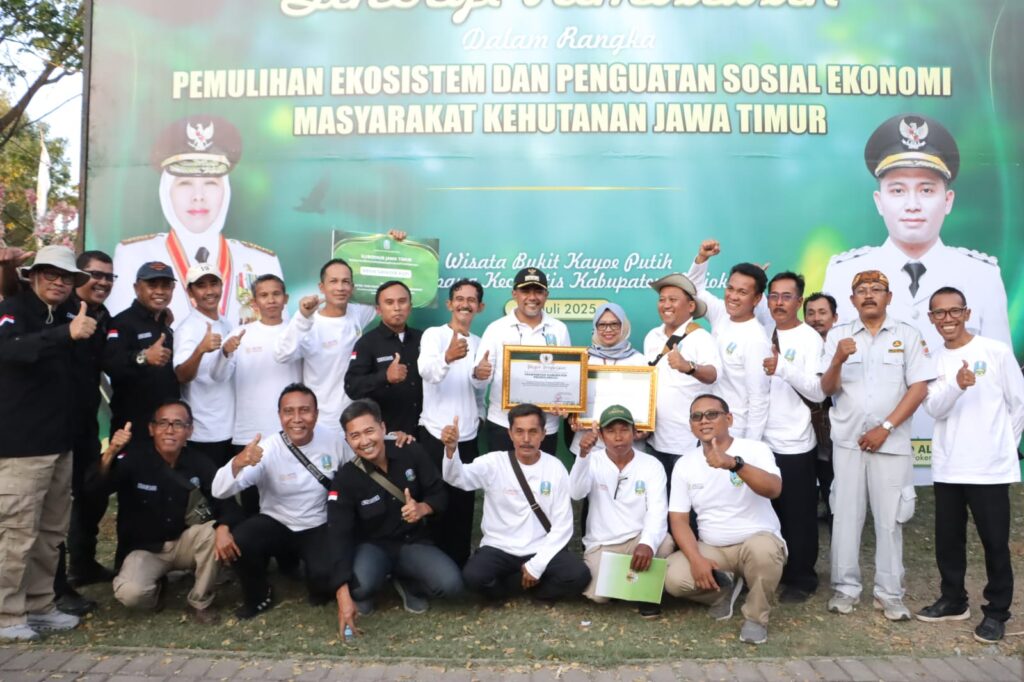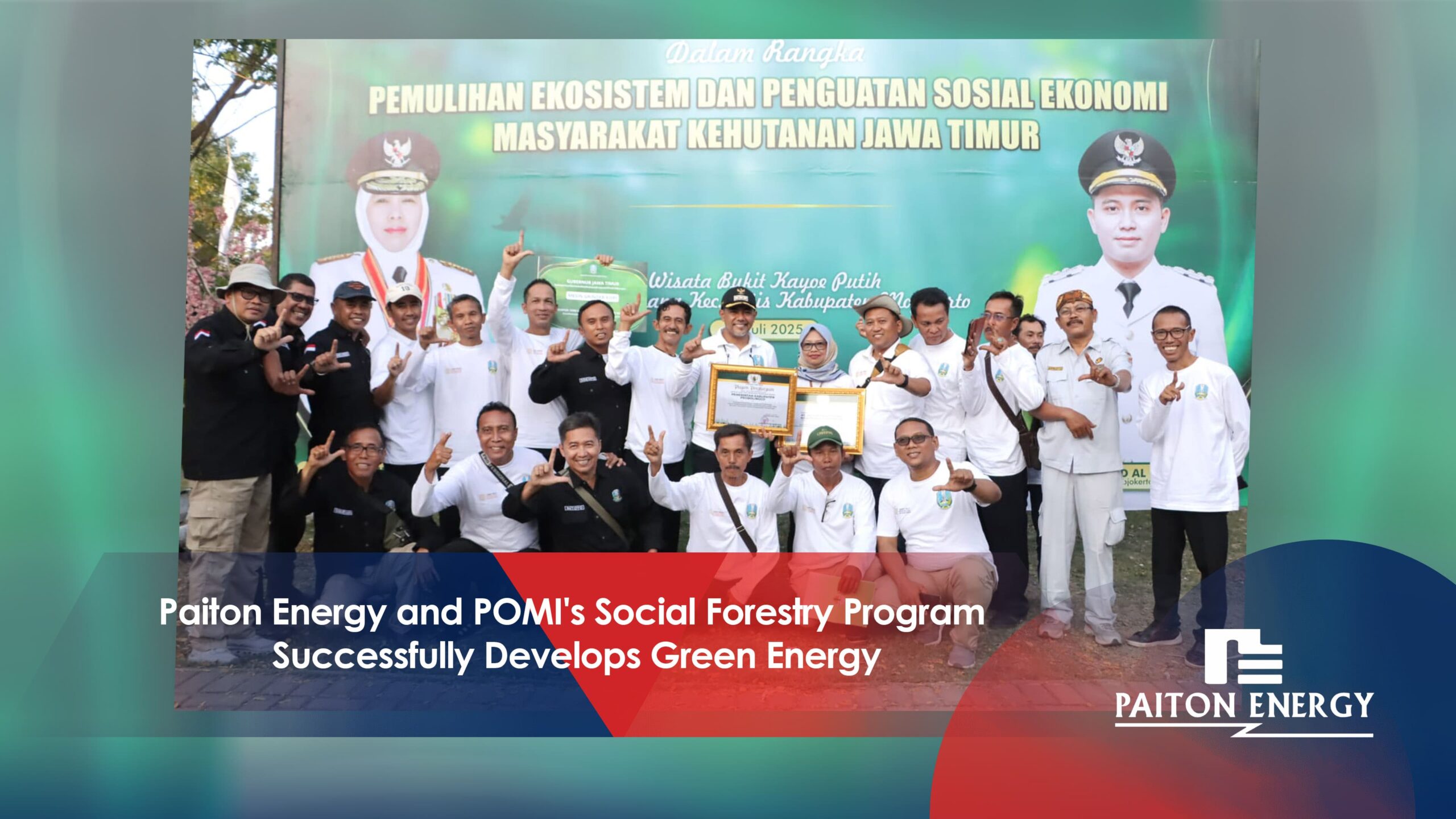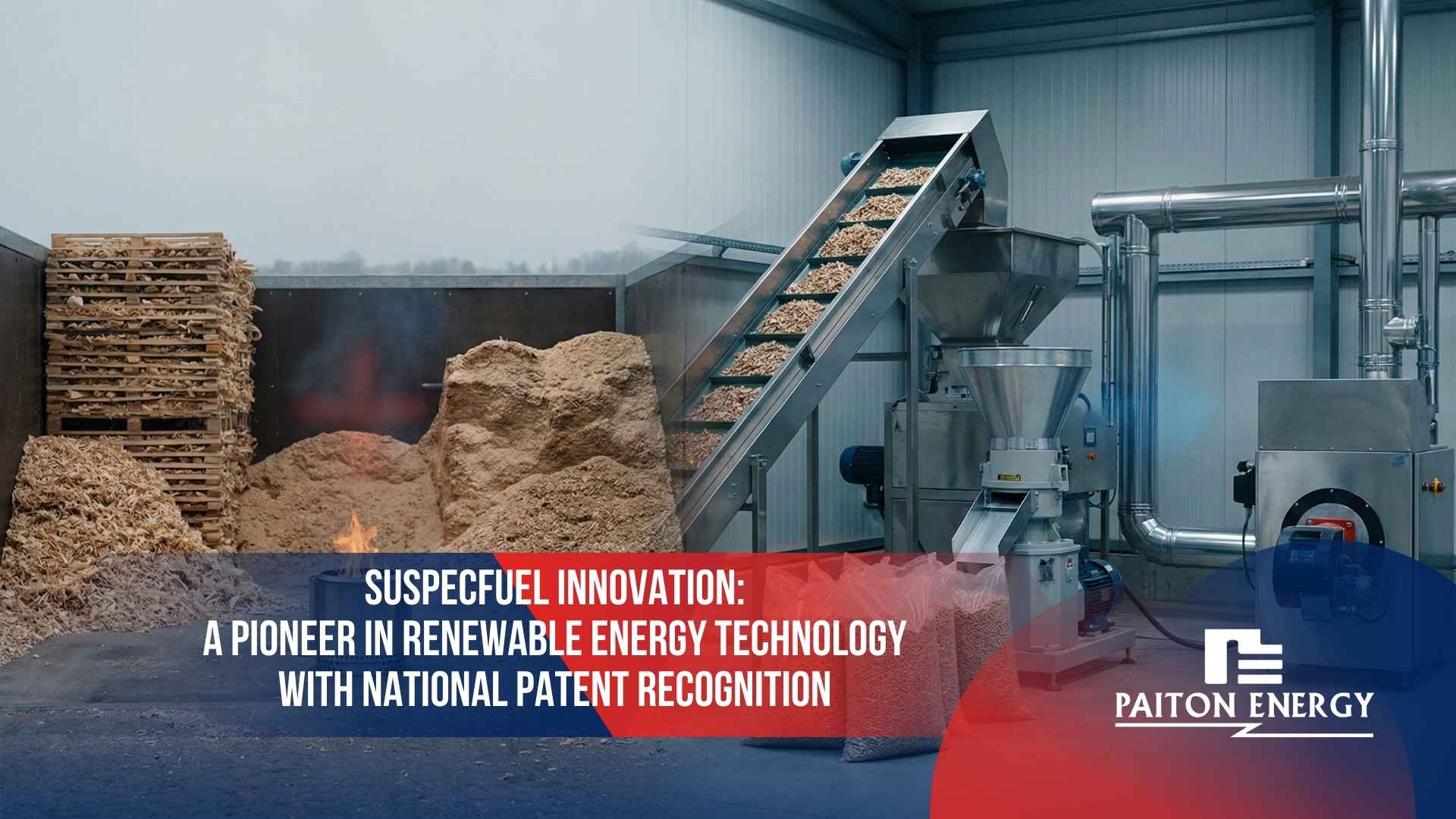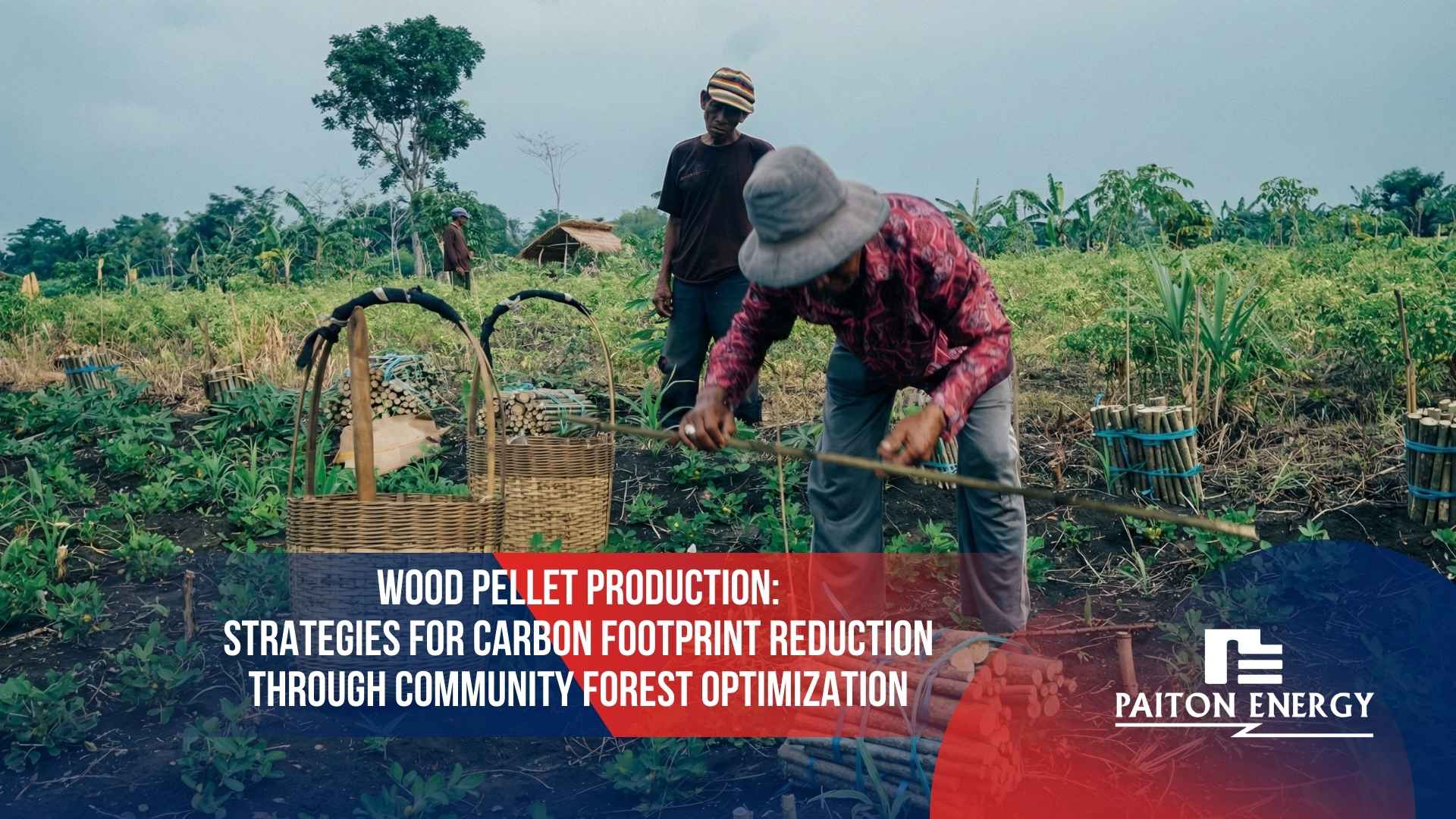Mojokerto, July 25, 2025 – PT Paiton Energy and PT Paiton Operation & Maintenance Indonesia (POMI) have successfully leveraged a social forestry program to develop green energy, particularly through the utilization of forest products, both timber and non-timber, as well as the development of renewable energy within forest areas. This program not only provides economic benefits to communities living around the forest but also contributes to environmental conservation and climate change mitigation.
The success of PT Paiton Energy and POMI’s efforts has been recognized and honored by the Governor of East Java. The award was presented during the event titled “Foresters’ Synergy for Ecosystem Restoration and Improvement of Forest Communities’ Socio-Economic Conditions” held at Bukit Kayoe Putih, Mojokerto Regency, on Tuesday (22/7).
The award received by PT Paiton Energy and POMI was given in the category of “Support for Ecosystem Restoration through Forest and Energy Crop Rehabilitation Activities in the Social Forestry Working Area in Probolinggo Regency.” This category serves as a recognition of their tangible contribution to the sustainable management of terrestrial ecosystems within social forestry areas.
As of mid-2025, PT Paiton Energy and POMI have supported the cultivation of green energy crops, including gamal trees, as part of efforts to strengthen energy resilience and improve community welfare. Gamal is a multifunctional energy tree that can be used as bioenergy—serving as biomass feedstock for co-firing (fuel substitution) in coal-fired power plants—as well as a source of animal feed.
Head of External Relations of PT Paiton Energy, Bambang Jiwantoro, stated that the award serves as important recognition of the private sector’s role in supporting ecosystem restoration efforts and community empowerment.
“The Company believes that the contribution of the private sector is not only measured by energy provision, but also by a long-term commitment to inclusive and sustainable resource management. The energy forest program through social forestry is a tangible reflection of that commitment, where the Company synergy with local communities to create shared value,” said Bambang.
Human Capital Facilities and Community Manager of PT POMI, Rochman Hidayat, emphasized the importance of a collaborative approach in environmental management as the key to the success of programs that have long-term and sustainable impact.
“The Company is committed to continuously expanding the impact of its social and environmental programs in a measurable and participatory manner. Supporting the planting of green energy trees like gamal is not only part of the Company’s environmental agenda, but also an effort to build socio-economic resilience at the village level. We are proud to be part of this initiative alongside local governments and communities,” said Rochman.
Previously, PT Paiton Energy and POMI recorded the planting of more than 25,000 gamal tree seedlings by the first quarter of 2025 in the KHDPK area through the energy forest program. Gamal trees are known as multifunctional plants that not only absorb carbon but can also be used as biomass feedstock for co-firing in coal-fired power plants and as animal feed.

The Company strives to make this initiative an inspiration for a broader and more sustainable environmental movement, starting with the younger generation as future agents of change.
The program was carried out with guidance from the Faculty of Forestry at Gadjah Mada University (UGM) and technical support for independent seedling cultivation provided to farmer groups.
For PT Paiton Energy, this initiative is part of its Environmental, Social, and Governance (ESG) efforts and contributes to the Sustainable Development Goals (SDGs), particularly Goal 13 (climate action) and Goal 15 (life on land – protecting, restoring, and promoting sustainable use of terrestrial ecosystems).
In managing ESG, PT Paiton Energy employs the Pentahelix concept, a model of collaboration involving five key stakeholders: government, community, academia, business, and media. Paiton Energy’s ESG programs are consistently characterized by the involvement of these five elements.
PT Paiton Energy has implemented its CSR program since 2000. The program is designed on an annual basis and monitored by the Community Development Committee. The programs are divided into three focus areas: supporting the sustainability of companies (power plant), socio-economic sustainability, and energy and environmental sustainability.
PT Paiton Energy is the first and one of the largest Independent Power Producer (IPP) operating in Indonesia. The shareholders of the Company consist of RATCH Group, Nebras Power, and Medco Daya Energi Sentosa (MDES).
- Paiton Energy-POMI Raih Penghargaan atas Inovasi Perhutanan Sosial untuk Energi Hijau
- Bupati: 100 desa di Probolinggo jadi contoh Program Desa Tematik Hijau
- Inovasi Hijau Paiton Energy dan POMI Sabet Penghargaan Gubernur Jatim, Perhutanan Sosial Jadi Kunci
- Progam Perhutanan Sosial Milik Paiton Energy dan POMI Diganjar Penghargaan Gubernur Jatim
- Perhutanan Sosial Paiton Energy dan POMI Sukses Mengembangkan Energi Hijau
- Dari Hutan untuk Energi, Inovasi Hijau Paiton Energy Diakui Pemerintah
- Perhutanan Sosial dan Energi Hijau, Paiton Energy dan POMI Raih Penghargaan dari Gubernur Jatim
- Perhutanan Sosial Paiton Energy dan POMI Sukses Kembangkan Energi Hijau
- Paiton Kembangkan Energi Hijau Berbasis Hutan
- Paiton Kembangkan Energi Hijau Berbasis Hutan
- Kembangkan Energi Hijau, Paiton Energy dan POMI Dapat Penghargaan dari Gubernur Jatim




